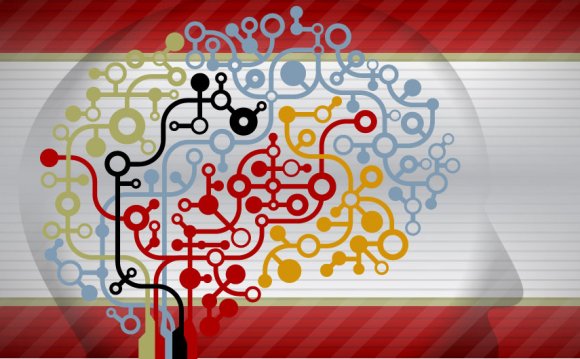
Criminal psychologists, also known as forensic psychologists, are mental health professionals who work within the justice system. As a criminal psychologist, your duties will include creating suspect profiles for law enforcement agencies, diagnosing offenders who might be criminally insane, overseeing jury selections, testifying in legal cases, and even evaluating children in custody hearings. In this field, you're likely to work full time during normal business hours.
Criminal psychologists may accompany police offers at crime scenes in order to help evaluate evidence. Moreover, with crimes believed to be perpetrated by serial murderers, criminal psychologists may be invited to help assess and discover patterns, decipher clues, and so forth. Due to the potentially dangerous circumstances involved in law enforcement, many criminal psychologists, especially those employed by the FBI, will undergo firearms training.
Career Requirements
| Degree Level | Master's degree, Ph.D. or Psy.D. |
| Degree Field | Criminal psychology, forensic psychology, clinical psychology |
| Licensure and Certification | A state-issued license is required, voluntary certifications exist and may improve career outlook |
| Experience | 1-2 years of professional experience; can be started during college |
| Key Skills | Strong verbal and written communication skills, analytical skills, observational skills, patience, problem-solving skills, ability to empathize with and console relatives of victims, strong intuition skills, ability to identify and interpret patterns |
| Salary (2015) | $58, 311 (Median salary) |
Sources: U.S. Bureau of Labor Statistics (BLS), The Society of Police and Criminal Psychology, Payscale.com
Share this Post
INTERESTING PSYCHOLOGY VIDEO













